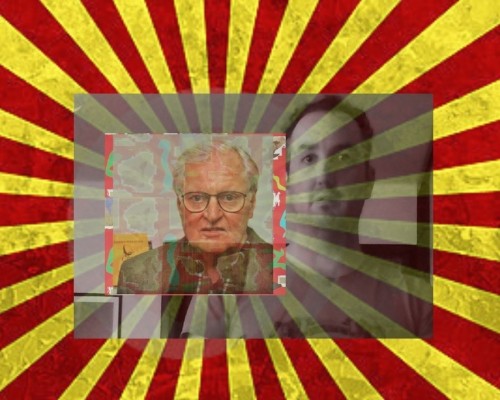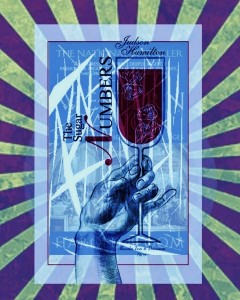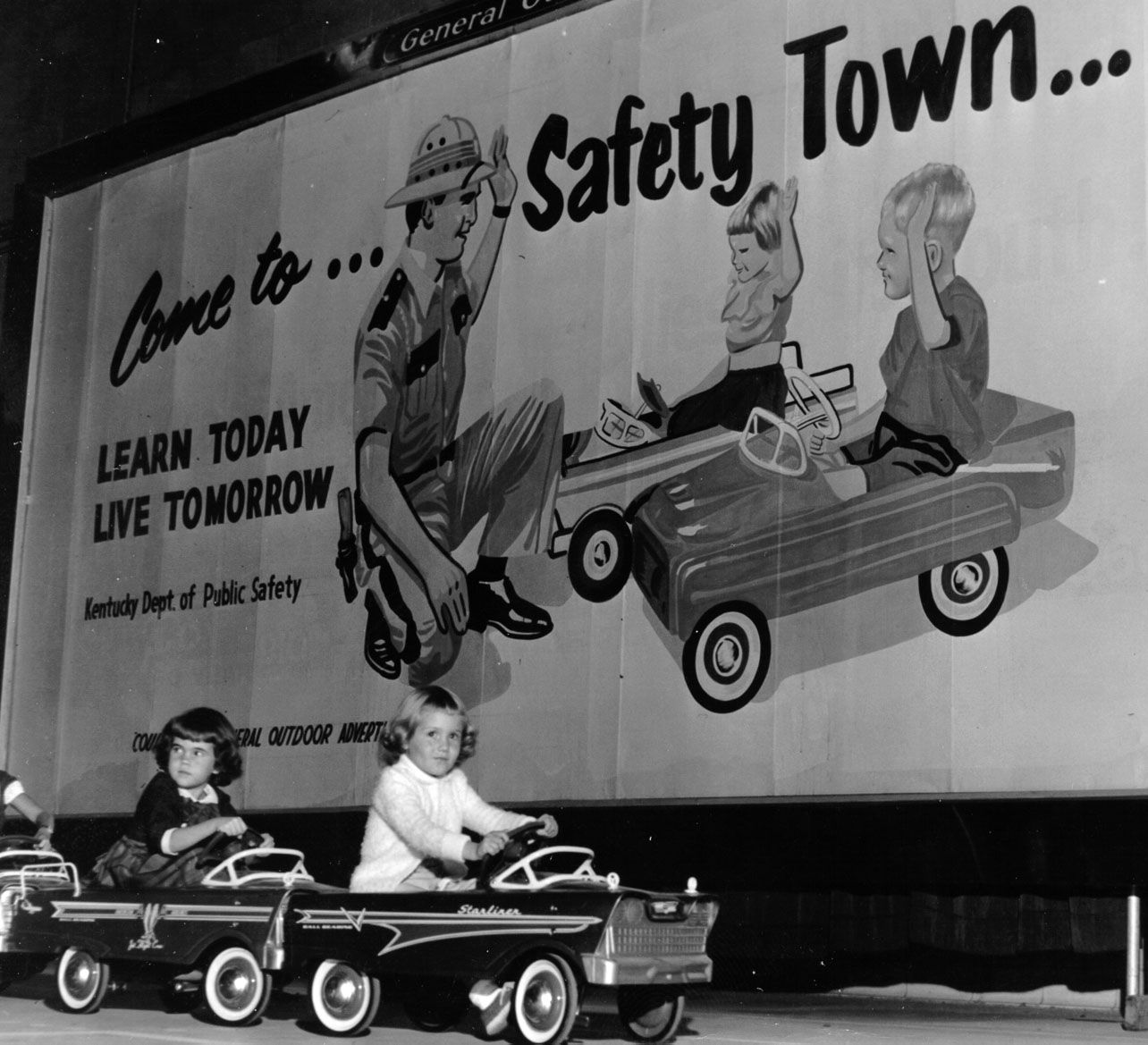JUDSON HAMILTON: Why Shld I Read YOUR Book ??

ok, Judson, so why should we read YOUR book ???
Let me answer your question by way of analogy, I had a dream recently, in which I asked Ashbery to look after my two kids and when I came back they were parked in front of the TV in the living room, seemingly unharmed. I looked around and found Ashbery clad only in a pair of tidy whities rolling around laughing on the bed, deep in conversation with a woman in her 70s, an old friend apparently. They were lost in reminiscence, they’re faces lit up with the joy of nostalgia, and I didn’t have the heart to be angry with him.
Then he jumped up and joyfully began to pop lock, like in some shitty kid’s video,with electric cutout arms blinking blue, red, yellow and that pretty much sums up how I feel about this book. It’s surprising, delightful and absurd.
To answer your question by way of digression, about 6/7 years ago I started receiving emails that looked as though somebody had fed the better portion of the western canon through a shredder and then affixed it to emails, I assume to bypass the spam filter. I liked some of the initial juxtapositions that turned up and began playing around with the text, and while I was doing that, a narrative emerged from the depths in the form of: a Speed-hearing Judge, his brother the Duke of Marmalade and, Morel and Valentine, the two servants trying to overthrow them.
Look, I know Syria’s been forgotten and the Congo’s a mess and let’s be honest who needs another book-length absurdist narrative on their bookshelf, am I right? But we’re all doing what we can and together we can right this ship…. that and the e-book version shouldn’t cost you more than a trip to the taco truck, so what’ve you got to lose?
(Judson Hamilton 9/2014, Poland)
On Using Hybrid Texts to Lead the Creative Writing Classroom: Some Notes Toward a Pedagogy
The poet doesn’t invent. He listens. ~ Jean Cocteau
Words are everything else in the world. ~ Wallace Stevens
In the Creative Writing classroom, I don’t teach so much as I lead. Discussions. Close-readings. Deep-readings. Free-writings. Whatever it is, I keep minds attuned to construction rather than destruction. Destruction is better left to the literature classroom, where it has its purpose, surely. We don’t read to answer what or who but rather why and how. We read widely, and we imitate shamelessly; we invent, therefore, with an existing form as backbone before we learn to invent forms of our own. We string words on the page like Christmas lights across the roof; we have purpose and design in mind, but mainly, we just want shit to glow brightly. The goal: limit the variables, at least at first. As we learn to construct within the preconceived frames, we increase the variables beyond simple imitation, and the possibilities to invent then grow considerably. We understand, ultimately, that poetry can exist in many physical shapes, and we strive to keep the language malleable within whatever shape it takes.


